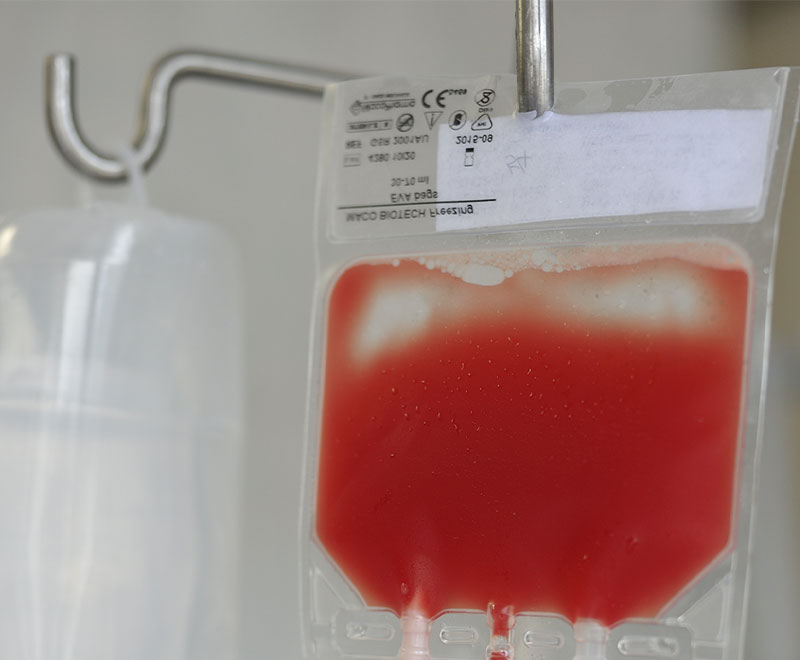Study Finds Influenza Vaccine’s Effectiveness Can Be Improved

Research conducted at the University of Texas at Austin found that how the influenza (flu) vaccine produces antibodies to protect against disease could be used to improve the vaccine.
Phase II Trial Launched of AAT for the Prevention of Lung Transplant Rejection

Kamada has initiated a Phase II clinicaltrial with its proprietary Alpha-1Antitrypsin (AAT) for the prevention oflung transplant rejection.
IDELVION Prevents Bleeds and Reduces Drug Consumption in Hemophilia B Patients

Results from the Phase III PROLONG9FP ongoing extension clinical development program evaluating the long-term efficacy and safety of IDELVION (coagulation factor IX [recombinant], albumin fusion protein) showed that extended prophylaxis treatment regimens effectively prevented bleeds while also reducing overall IDELVION consumption.
GSK’s Shingles Vaccine Effective in Adults 70-Plus Years Old

A randomized Phase III study (ZOE-70) of GlaxoSmithKline’s investigational shingles vaccine, Shingrix, showed 90 percent efficacy in adults aged 70 years and older that is maintained for at least four years.
Stem Cell Therapies: The Era of Regenerative Medicine?

Advancements in stem cell therapy may soon eliminate surgeries and cure disease, but first, the debate between two different schools of thought concerning how best to proceed needs to be resolved.
Recombinant Human Soluble Thrombomodulin May Improve Outcomes in Transplant-Associated Thrombotic Microangiopathy

Intravenous administration of recombinant soluble thrombomodulin (rTM) may improve recovery and survival compared to other treatments in patients with transplant-associated thrombotic microangiopathy (TA-TMA) after hematopoietic stem cell transplantation (HSCT), according to a retrospective analysis of 254 consecutive patients at a single Japanese institution.
Using Genomic Data to Personalize Cancer Treatment

Researchers are using genomics research to better understand how genetic variation contributes to human health and disease.
Recombinant Human Prothrombin Prevents Bleeding in Hemophilia A and B Mice

Both a plasma-derived human factor II (pdhFII) and an investigational recombinant human prothrombin (MEDI8111) dose-dependently decreased blood loss and bleeding time in hemophilia A mice, according to Swedish investigators at AstraZeneca’s CVMD IMED unit.
Real-Time Healthcare Monitoring

Mobile health technology is changing the way patient data is gathered and accessed, using real-time
analytics to improve outcomes and quality of care.
Study Provides Clues for Improving Effectiveness of Flu Vaccine

A new study found that seasonal flu vaccines work better if they stimulate an immune response to the flu surface protein neuraminidase.